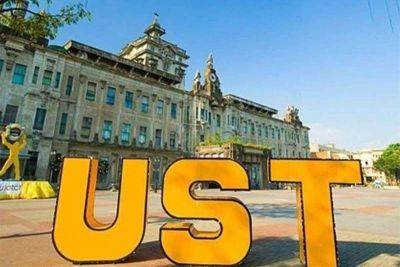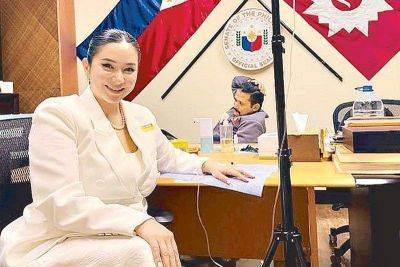Chile to reopen probe into mystery death of poet Pablo Neruda
SANTIAGO, Chile — Chile will once again try to resolve the mystery of what really killed Nobel laureate poet Pablo Neruda, who many believe was poisoned by the dictatorship of Augusto Pinochet, a court said Tuesday.
An appeals court in Santiago ordered the reopening of the investigation into the death of Neruda, who was a prominent member of Chile's Communist Party when military dictator Augusto Pinochet took power in 1973.
In a statement, the court said that the "investigation has not been exhausted as there are precise procedures that can be carried out to clarify the facts."
Neruda had been preparing to flee into exile in Mexico to lead the resistance against the Pinochet regime when he died in hospital just 12 days after the coup. The government claimed the 69-year-old had died of prostate cancer.
An investigation into the cause of Neruda's death began in 2011 when Manuel Araya — his driver and personal assistant — asserted that the poet was given a mysterious injection in his chest just before he died. Araya died in June last year, aged 77.
Neruda's remains were exhumed in 2013 to be tested for traces of poison and returned for burial three years later.
Botulism traces found
In 2017, a group of Chilean and international experts concluded that Neruda did not die of cancer, but said they could not determine what did kill him.
And in 2023, a scientific panel investigating Neruda's death was also unable to determine whether he had been poisoned, even though they detected dangerous botulism-causing bacteria in his system.
Related: National Arts Month: Ambeth Ocampo shares lesser-known Juan Luna facts
Two members of the panel, Hendrik and Debi Poinar, from McMaster University in Canada, said they did not know why the clostridium botulinum DNA was present in his body.
Researchers were only able to reconstruct a third of the bacterium's genome, but the Poinars believed it would be possible to recreate the rest of it without exhuming Neruda's body again.
Their findings were delivered to Judge Paola Plaza who ordered the probe closed in December 2023.
Neruda's family and the Communist Party appealed that decision soon after, meaning Plaza's final report was






